Portugal's legislative elections have concluded with seismic shifts in the political landscape. The Democratic Alliance (AD) emerged victorious, securing 89 deputies, while the Chega party and the Socialist Party (PS) each won 58 seats. In a dramatic turn, PS leader Pedro Nuno Santos announced his resignation following the party's disappointing performance.
Key Highlights from the Election
- AD's Victory: The Democratic Alliance, a coalition led by the PSD and CDS-PP, won the most seats but fell short of a majority. Leader Luís Montenegro emphasized the need for dialogue and stability.
- Chega's Rise: André Ventura's Chega party doubled its parliamentary representation, becoming a formidable force. Ventura vowed, "I won't stop until I'm Prime Minister."
- PS's Fall: The Socialist Party faced its third-worst result in history. Pedro Nuno Santos conceded defeat and stepped down, urging the party to reflect on its future.
- Livre's Gains: The Livre party increased its seats from four to six, positioning itself as a progressive alternative.
- Record Low Abstention: Voter turnout hit a 30-year low at 35.62%, signaling heightened public engagement.
Political Reactions
- Montenegro (AD): Called for national unity, stating, "The Portuguese have spoken clearly; we must ensure stability."
- Ventura (Chega): Celebrated the end of Portugal's "50-year bipartisan system" and pledged to push for governance influence.
- Santos (PS): Acknowledged the defeat, saying, "The Portuguese people have spoken with clarity, and we respect their decision."
What’s Next?
With no party securing a majority, Portugal faces complex negotiations to form a government. The AD may seek alliances, while Chega's surge adds pressure for broader political reforms.
Stay tuned for further updates as Portugal navigates this new political era.

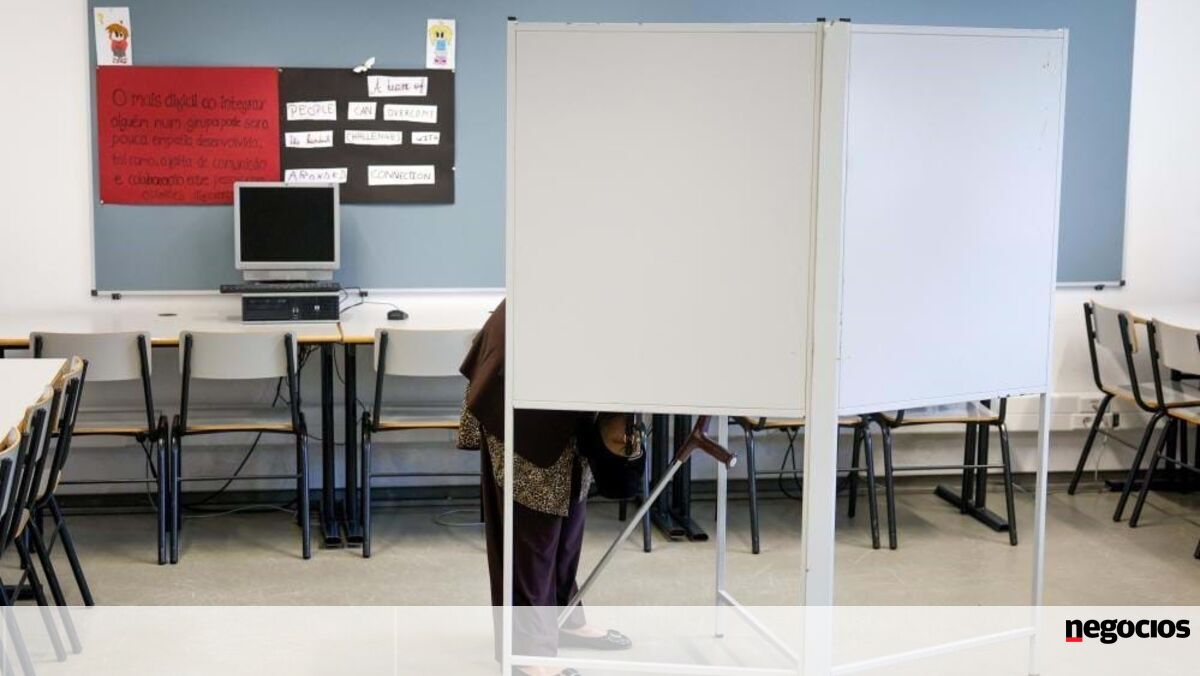



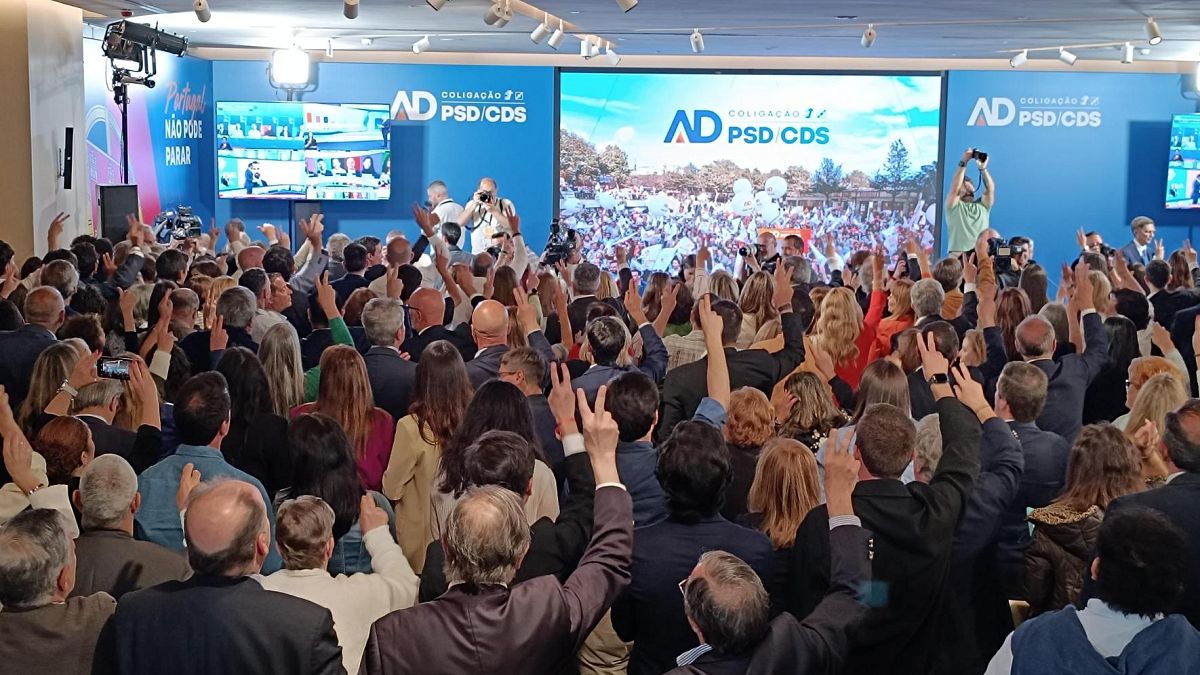
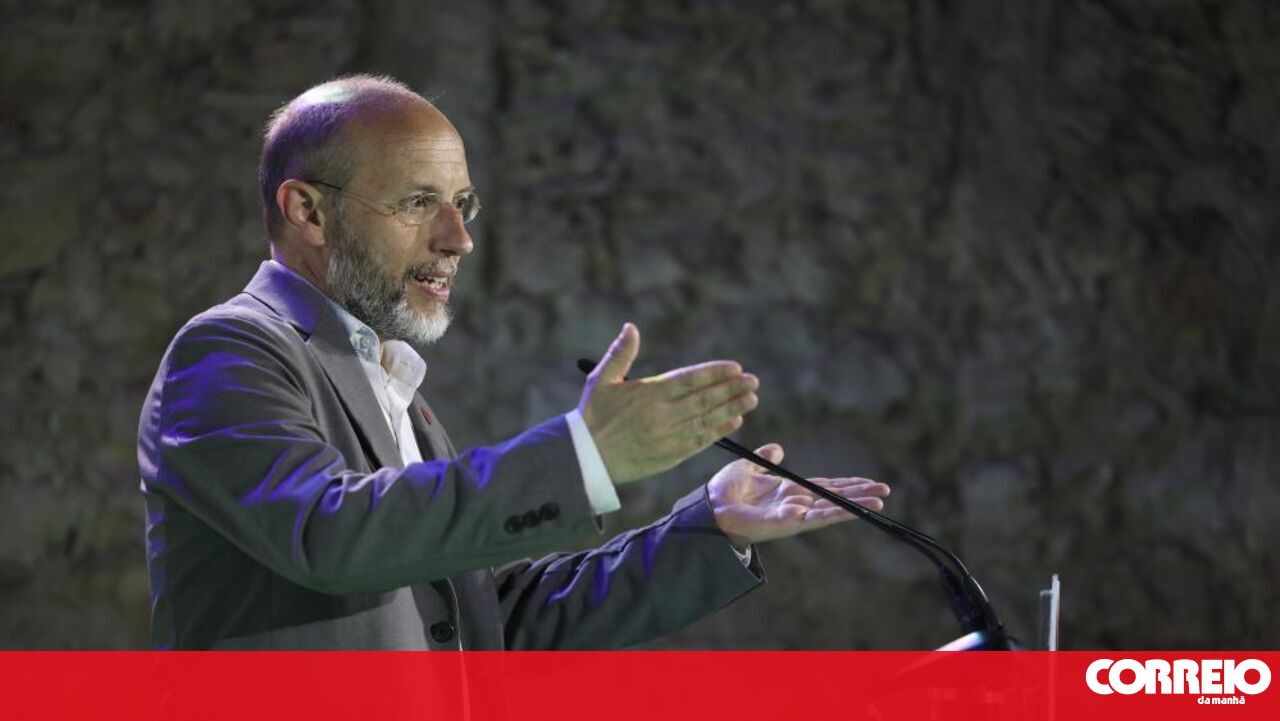
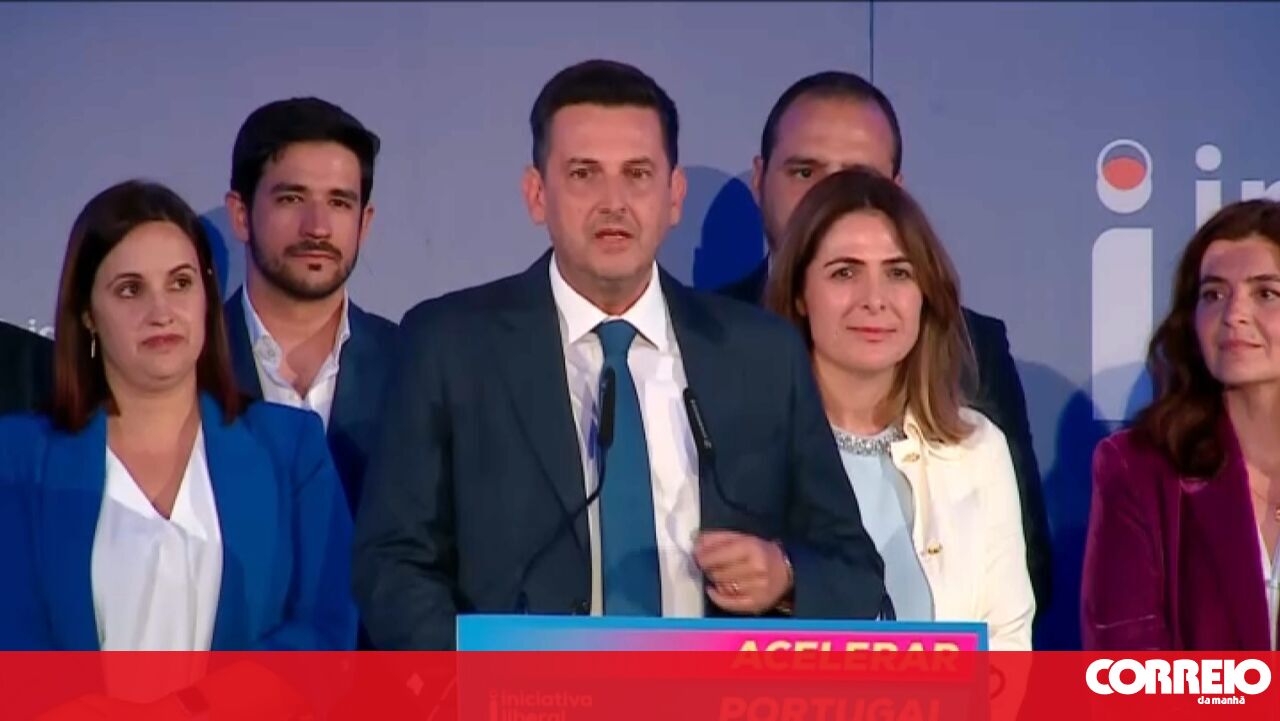

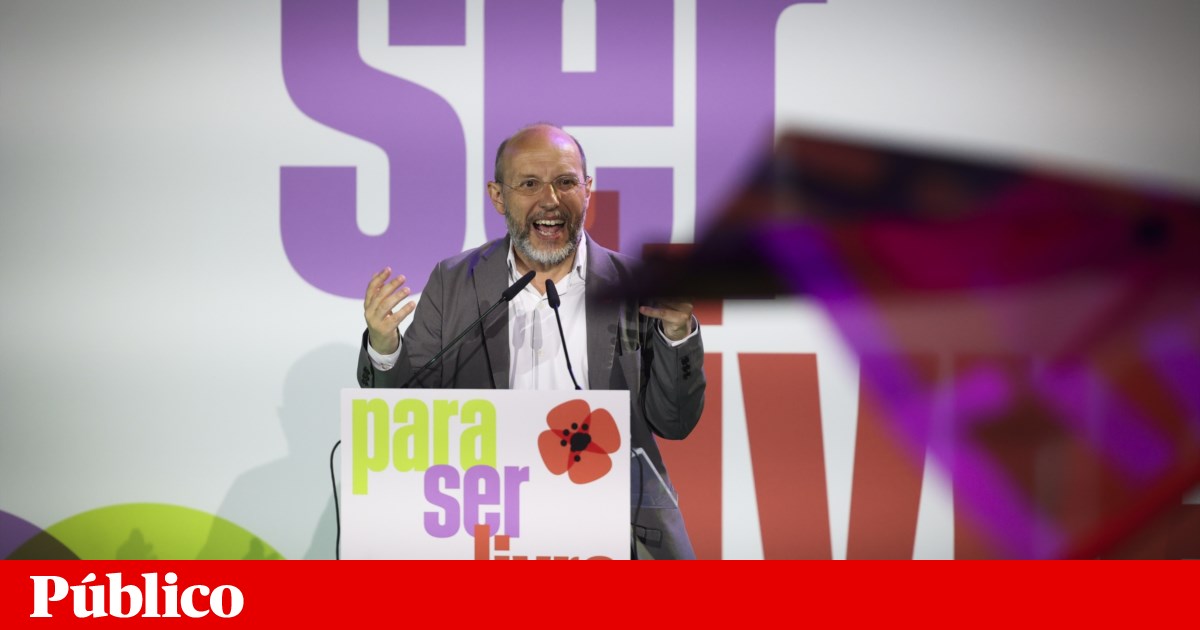





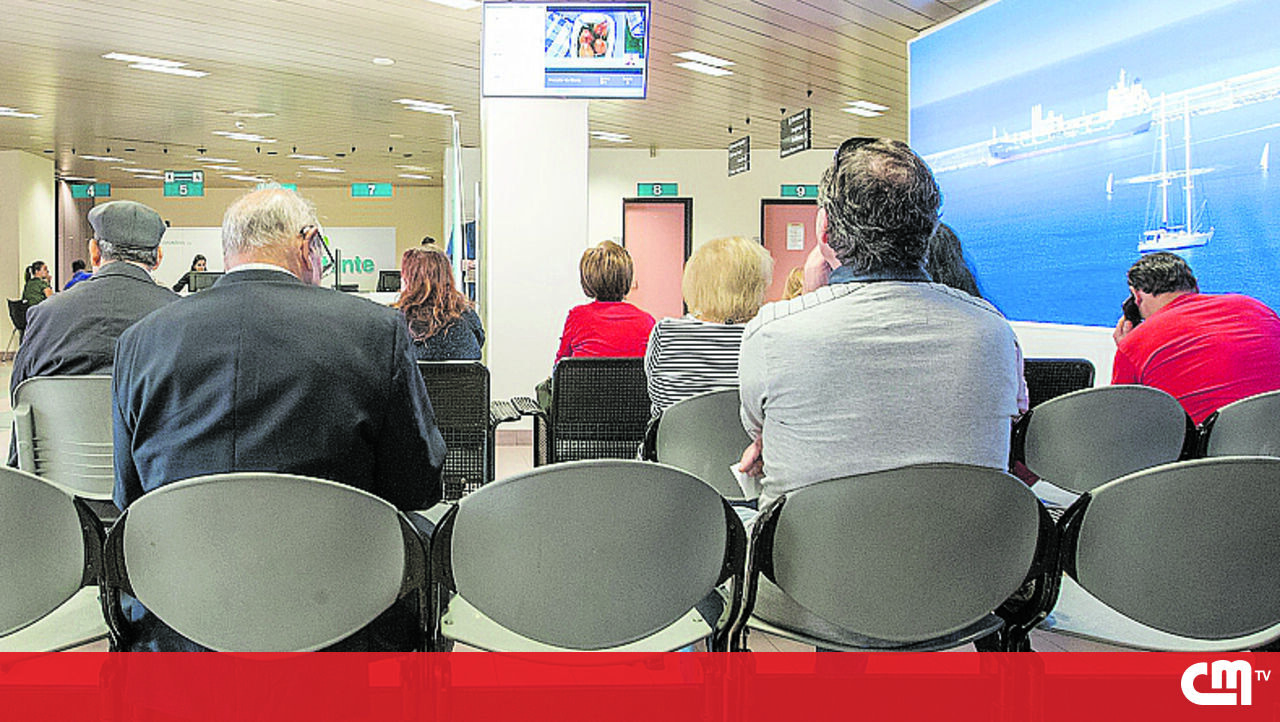

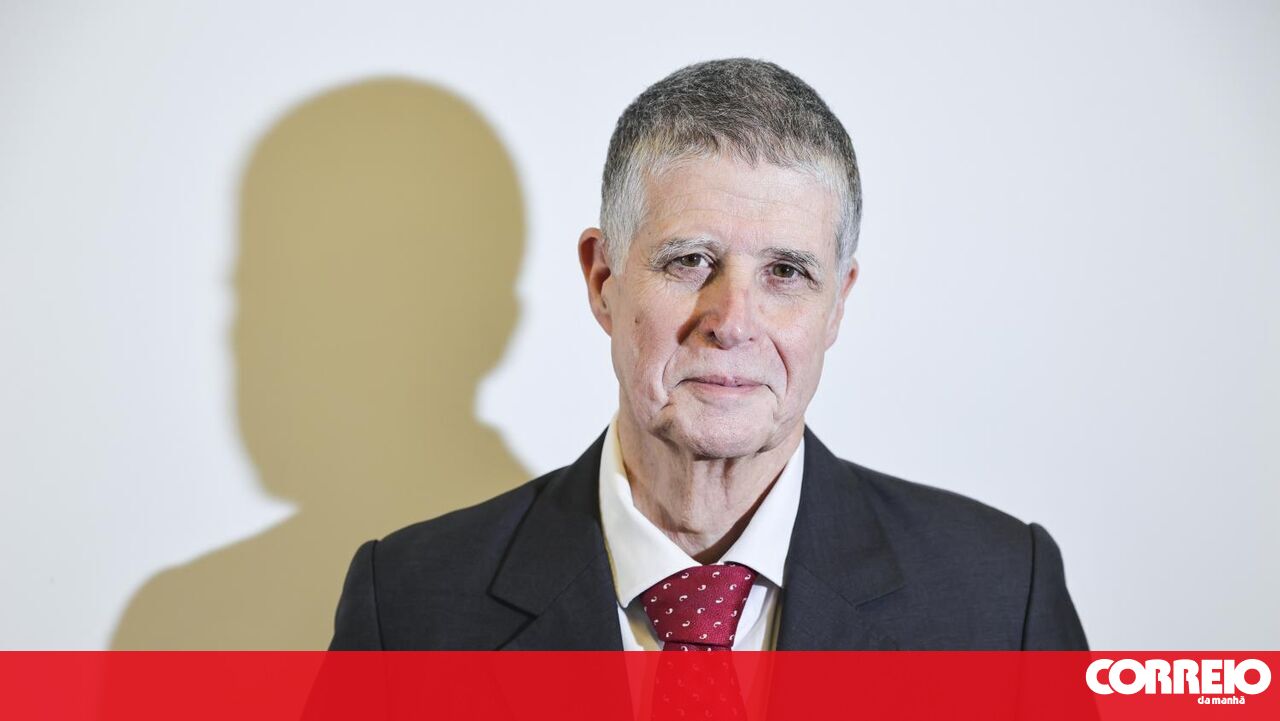


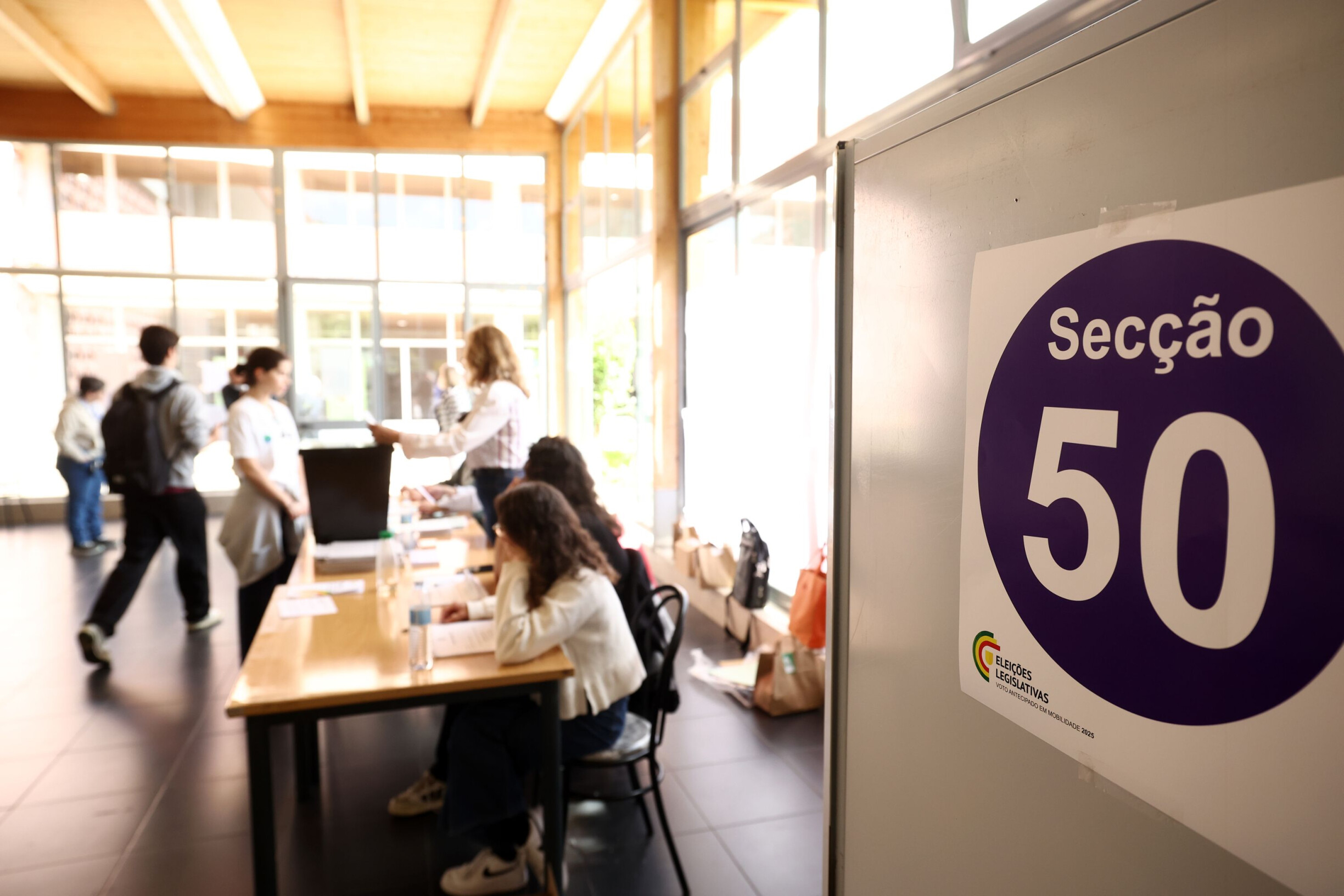


Comments
Join Our Community
Sign up to share your thoughts, engage with others, and become part of our growing community.
No comments yet
Be the first to share your thoughts and start the conversation!